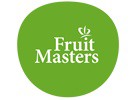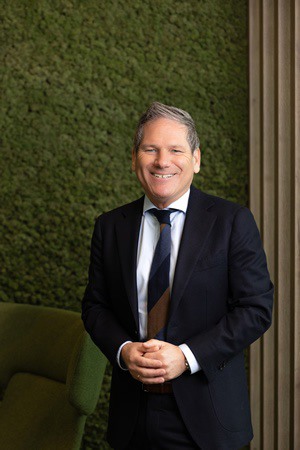 © Fruitmasters
© Fruitmasters
A framed Ajax jersey hangs in the boardroom of FruitMasters' Adriaan Vis. Perhaps it's a subtle nod to the decisiveness of Amsterdam that the director blends with the rich fruit-growing tradition of the Betuwe region. "We try to combine the best of both worlds, because the world is bigger than the Betuwe—and also bigger than Amsterdam."
While commenting on the 2024 annual results, the managing director is happy to discuss the company's achievements, projects, and plans. First, the figures. After a record year in 2023—FruitMasters' highest turnover ever—revenue in 2024 remained virtually unchanged. However, due to a one-off depreciation of the digital system, the net result came in negative at over €5 million. Nevertheless, efficiency improvements implemented in recent years led to a 14% increase in EBITDA, reaching €9.3 million.
In 2024, FruitMasters continued to build on the foundation of its 'Healthy Growth 2030 strategy,' launched the previous year. In 2023, the ambitious new construction project began to modernize production facilities and enable further growth. By 2024, the final building phase was underway, with the new sorting and packing station set to open officially this May.
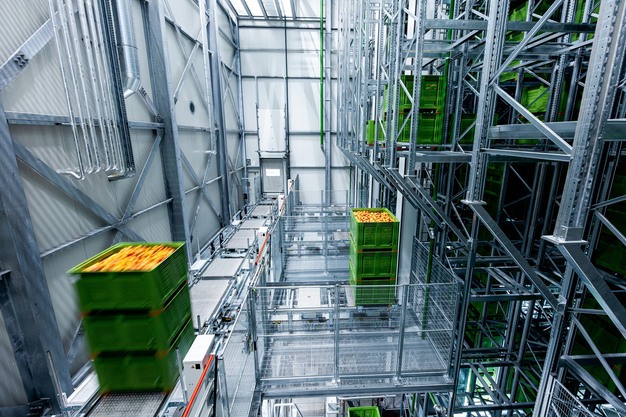 © Fruitmasters
© Fruitmasters
Beyond the new construction, internal efficiency improvements were also a focus. In spring 2024, the apple and pear product groups were merged into a single department. The operational merger of these into one top fruit department will follow in early 2025. The Margraten location will focus on its role as a cooling hub for South Limburg, and FruitMasters Germany—the overseas import branch—was fully integrated into the organization. In early 2024, BioMasters was also fully integrated, expanding the company's organic product range.
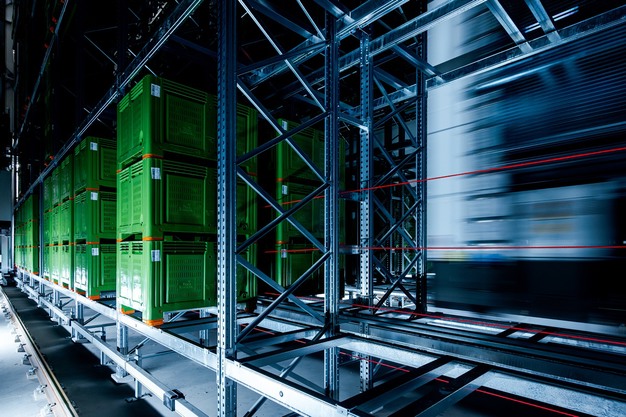 © Fruitmasters
© Fruitmasters
Are you satisfied with the annual figures?
Looking at our revenue development in recent years, I'm certainly not dissatisfied. Our operating results have grown significantly, which means we're 'in control' and understand that we are a 'normal' business as well as a cooperative. There's still a perception that cooperatives don't need to make money, but that's a complete misconception. As a cooperative, we must generate profit for our members. We do that every day through payout prices, but we also need to earn to invest in the cooperative's development. This includes supporting innovation and variety development in cultivation, as well as infrastructure like our new packing station, which we call the Smart Fruit Hub. Our ongoing concern is ensuring that, amid global uncertainties, the quality of sales remains high. Weather extremes increasingly affect product availability. There are also demographic shifts in the grower community—succession is no longer a given. Dutch apple acreage has declined, and pear acreage is also falling. Only soft fruit acreage has seen slight growth. We are in a position to grow on the customer side across all our product groups, and we're exploring cooperation, both in the Netherlands and internationally. To be a year-round supplier, we need to secure foreign sources.
You held merger talks with Coöperatie Hoogstraten. Where did that lead?
We had some very constructive discussions. But at a certain point, you need to agree on how to shape the cooperation and on what timeline. We couldn't find alignment on that. It's a pity, because I think Hoogstraten is a great company and we still have a good relationship. We just didn't achieve what we had hoped for. That's unfortunate, but we learned a lot from the process. Maybe it's my Amsterdam nature that says: 'head up, chest forward, and move on.'
Are you still actively seeking to consolidate sales?
We certainly keep an open mind. I believe it's necessary, especially considering developments on the sales side—retail consolidation internationally, and investment firms entering cultivation. We, too, will need to consolidate our sales in some form. Right now, FruitMasters still has the opportunity to evaluate this calmly and thoroughly. But we shouldn't ignore the demands of the day—otherwise, we risk a kind of dynamic standstill. I believe you shouldn't be too proud to rule out partnerships. Every day, we hear about new collaborations, sometimes between parties you'd never expect. I believe that, given our product range and scale, we can be an attractive partner—but ultimately that's for others to decide.
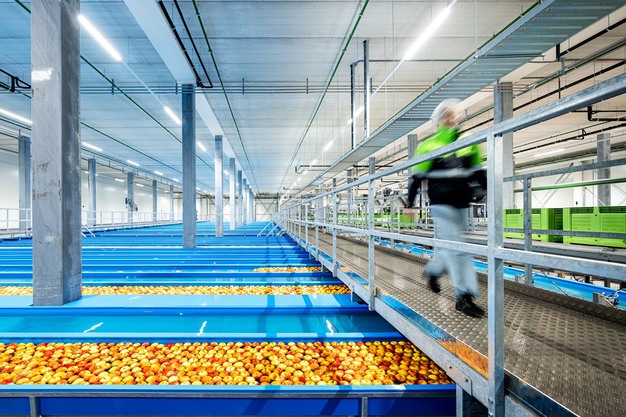 © Fruitmasters
© Fruitmasters
What does European retail procurement consolidation mean for you in practice?
It's no secret that we've been a supplier to Jumbo for many years, and they've now joined Everest. So now we deal with Everest on behalf of Jumbo. That introduces a new layer, with a different language and goals. For us, this means adapting, learning, and building relationships to ensure that both the customer and their customer are happy with our performance.
How do you look back on the closure of the auction clock at the end of 2022?
That decision was mainly a result of how we at FruitMasters had been using the clock. At the time, it was benefiting our market competitors more than us. We're not against auctioning as a principle—just the way we executed it wasn't future-proof. But never say never. So much has changed in the market in just three years that I certainly wouldn't rule it out as a future sales method.
What are your expectations from the new Sonrosa strawberry?
The introduction of the seed-bred Sonrosa variety in partnership with breeder Limgroup marks an important milestone for the sector and a major step toward a more sustainable strawberry supply chain. Expectations are high. Thanks to an innovative seed propagation process, we can now shorten the growth cycle from two years to just 16 weeks. This year, our growers are on track to harvest around 750,000 kilos, and we're seeing strong interest across the market. Growers are enthusiastic, too. Our grower, Jan van den Elzen, said he'd never seen a strawberry variety perform so consistently and uniformly from the start. That's largely because there's no need to use cold-stored plants, which means stronger production from day one. This variety aligns perfectly with our goal of improving forecast accuracy, just like we've done with our top fruit club varieties, which have now proven their worth.
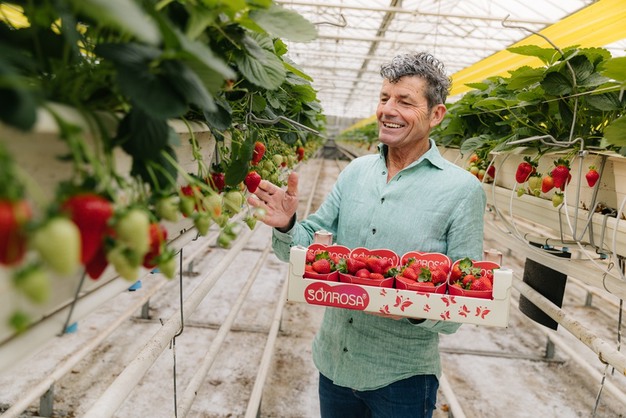 © Fruitmasters
© Fruitmasters
How are the various club concepts performing?
The Kanzi concept has been around for 20 years and is now the world's second-largest apple brand. Everyone knows Kanzi. It took a lot of work, but the brand is rock-solid. The Migo pear is more like a fine wine—you need to know it to appreciate it. It's showing strong potential abroad. We launched Tessa five years ago, and it's grown exclusively for Jumbo and Picnic in the Netherlands, while sales in Asia are expanding. The variety is growing exactly as we expected, and the pack-out is excellent, so we're very pleased. Our collaboration with Superunie on the Morgana apple is also having a good season. We launched the Bloss apple at Fruit Logistica last year, and growers are enthusiastic due to its robust growing traits.
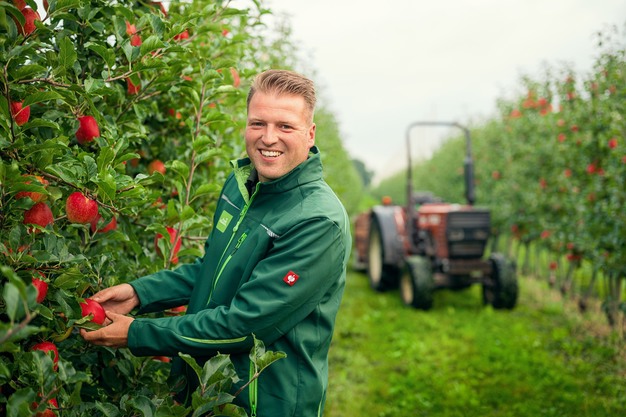 © Fruitmasters
© Fruitmasters
How are pear exports to China going, and what other distant markets are promising?
We've made great progress with pear exports to China, and also along the broader East Asian coast. Global developments have taught us a lot as an organization. Geopolitical conditions have played a big role—some shipping routes were unusable last year. Despite that, we're very happy with how exports have grown. We also have several varieties that are well-suited to these markets.
While the organic fruit market is often seen as difficult, you've made a big bet with BioMasters. Do you see organic as a key growth area?
We entered this market based on customer demand, and we're very happy with how we've established this start-up. If we want to make an impact, we need to take initiative. In March, we organized our first organic symposium, and every stakeholder in the chain was represented. That's unique in the fresh produce world, especially on this topic. This is how we aim to make a difference in the organic market. It may take time, but we're happy with the progress and the willingness of conventional growers to make the switch. Of course, conventional fruit remains our core business, but we believe organic has its place. Credit also goes to our organic lead, Peter van der Schoot, who brings energy and commitment despite the challenges. The growth among organic growers and broader sales offer real opportunities.
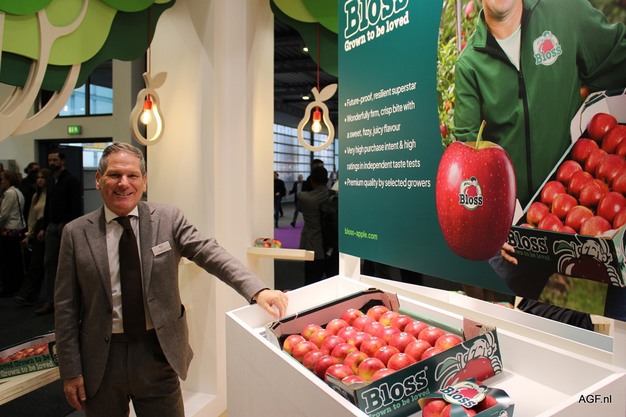 © Izak Heijboer | HortiDaily.comAdriaan at the launch of the Bloss apple at Fruit Logistica
© Izak Heijboer | HortiDaily.comAdriaan at the launch of the Bloss apple at Fruit Logistica
What does your collaboration with Yespers represent?
We aim to maximize the value of all produce from our growers. This initiative helps achieve that by creating new applications. It's no longer just 'good or discarded'—there are now alternatives. From a sustainability standpoint, this is great. In addition to providing new revenue streams, it also supports social impact by creating jobs for people distanced from the labor market. That's something I find personally meaningful.
How do you prepare the next generation of growers for the future?
We do that through initiatives like Young Fruit Pro, organized by the Fruit Tech Campus, which hosts excursions. We also encourage younger growers to participate in product advisory committees and the Supervisory Board. We recently welcomed a new young board member. I believe this is the way to get them involved and to listen closely to what they need.
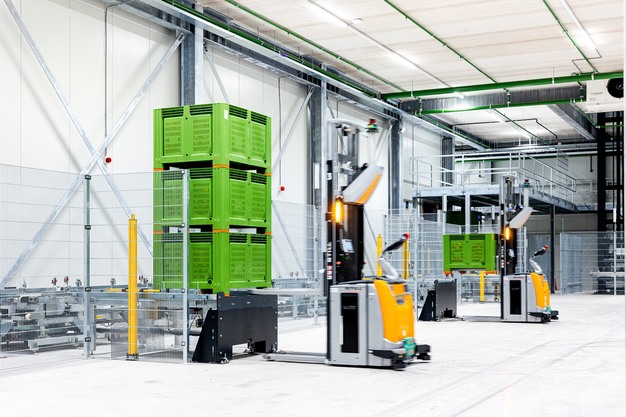 © Fruitmasters
© Fruitmasters
Do you feel supported by politics and government as a cooperative?
Absolutely not. I mostly feel that the fruit sector is seen as economically insignificant and therefore receives little attention or support. Our impact on public health is ignored. The VAT discussion is a good example. Our sector is often portrayed as polluting, while our sustainability efforts go unrecognized. Still, when you point a finger, three point back. Perhaps it's in our nature to express discontent too quietly. Farmers drove their tractors to government buildings—some found it shameful, others admirable—but they got their issues on the agenda. I wish them all the best, but if we're not careful, the fruit sector could go the way of the fishing industry, and only later will we realize the value of Dutch fruit farming to our economy, health, and landscape.
What do you see as the biggest challenge for the coming years?
The biggest challenge is to offer a long-term perspective to our members across many areas—sustainability, labor, technology, and supply chain consolidation. Above all, this must result in a solid return for our growers. We're not a charity. Our greatest task at FruitMasters is to maintain and strengthen our position, and that means adapting. That requires doing what people often resist: change. If we wait for absolute certainty, we'll be too late. That mindset is all too common in the sector. But you can't let the short-term distract from your long-term strategy. Just because the weather is nice today doesn't mean things are going well. With all the climate changes in recent years, extreme events are no longer anomalies. Still, we are a wonderful cooperative—and we should be proud of that.
 © Fruitmasters
© Fruitmasters
Still, a bit of Amsterdam flair in humble Betuwe...
Maybe so. In fruit growing, you're often focused on the here and now. Every grower is busy running their business. But the world is bigger—and that should excite us, not scare us. I don't want to sound arrogant, but I'm not aware of anything quite like what we're doing here. You can view everything as a threat, or you can see the opportunities, like our automated high-rise warehouse and closed cold chain, where fruit is sorted with artificial intelligence. Who wouldn't want to be part of that? But no prince on a white horse is coming to save us. I can't stand the words "if only we had." If we want to make an impact, we must keep taking initiative—with courage, not recklessness. That's how success comes.

